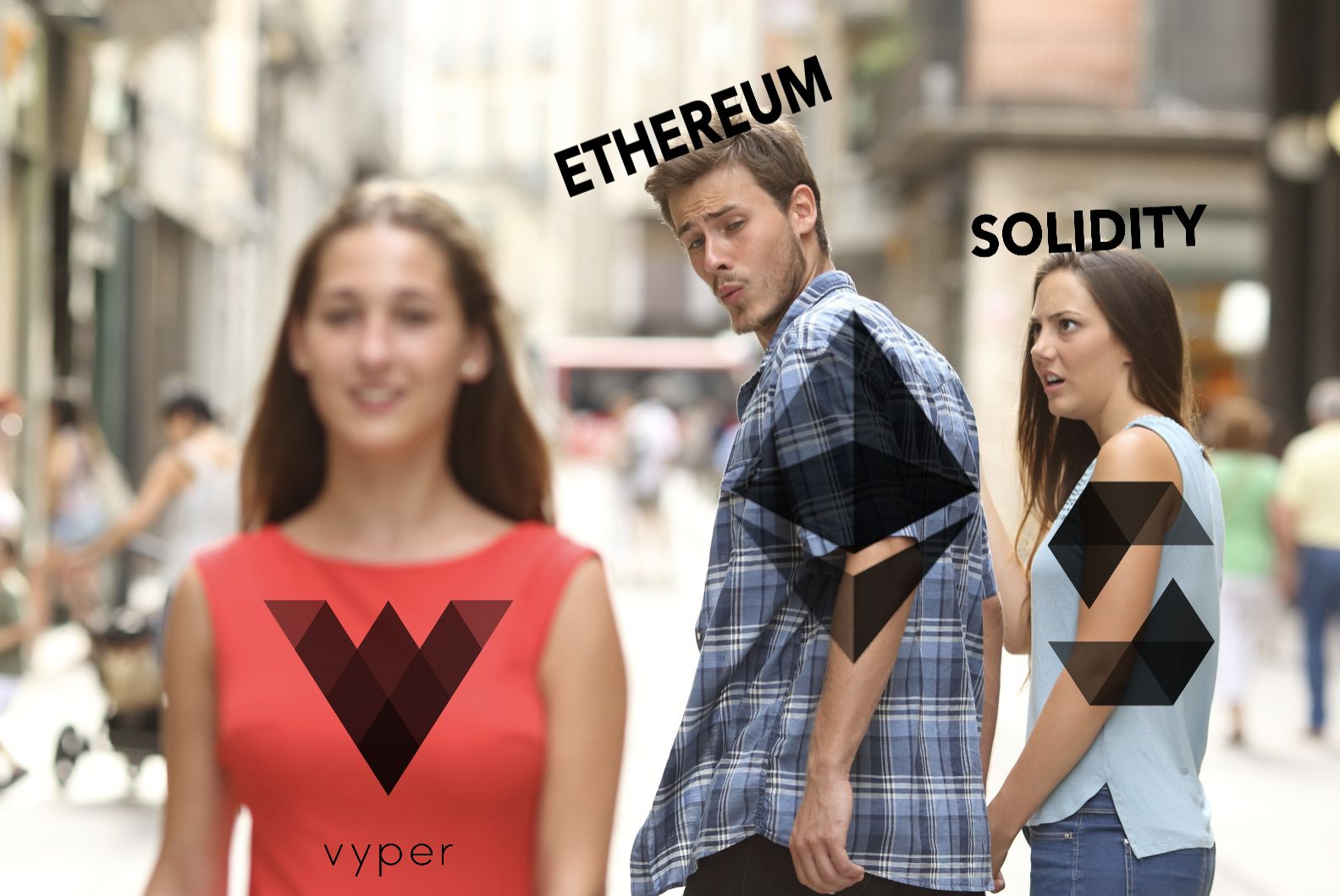1,134 reads
Will Ethereum Ditch Solidity for Vyper?
by
July 26th, 2020
Audio Presented by
About Author
Full-stack Web Dev, Cryptocurrency enthusiast, Blockchain Evangelist
Comments
TOPICS
Related Stories
µRaiden: Micropayments for Ethereum
HackerNoon Writer
Sep 19, 2017
µRaiden: Micropayments for Ethereum
HackerNoon Writer
Sep 19, 2017

